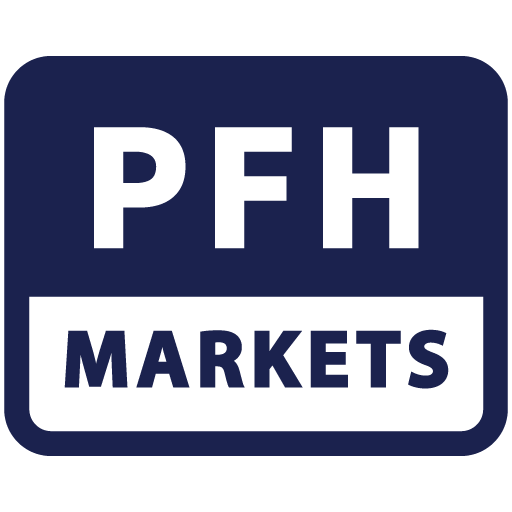The foreign exchange market is among the most significant financial markets in the world. Understanding the various types of forex markets will help you gain perspicacity about the foreign exchange transactions taking place in these markets. The different types of forex markets are explained below:
1. Spot Market
This market is known for the quickest transaction of currency. The buyers and sellers In this market enjoy immediate payments as per the exchange rate prevailing at the time of the trade. One-third of all currency exchange takes place in the spot market. This market comprises traders who generally take one to two days to settle the transactions. The volume of spot transactions is growing rapidly and forms 50% of the total transactions of the forex market, as per the report of BIS. The Forex market primarily involves trading of currency notes, transfers through the banking system (accounts for 90% of all spot transactions), and cash-in of traveler’s cheques. Commercial banks, Central banks, dealers, brokers, arbitrageurs, and speculators are the major participants in the spot market.
In a nutshell-
- Spot market facilitates immediate buying and selling of forex exchange.
- The transaction is settled at the prevailing exchange rate which is called the spot exchange rate.
- The settlement of currency transactions is done within two days of the deal
- Spot market traders are not exposed to the uncertainty of the Forex market.
2. Forward Market
A forward market involves an agreement between two parties ( two companies, two individuals, or two government nodal agencies) to do a trade at a future date and a defined price and quantity. The parties involved in the agreement can negotiate the terms of the contract. Forward contracts, therefore, are non-standardized and can be customized and tailored as per the needs of the participants. No money is exchanged at the time when the agreement is made. This market is beneficial for hedging. Talking about the drawbacks, forward markets lack centralized trading and liquidity. It also involves counter-party risk i.e. the risk of default by the other party.
In a nutshell-
- The forward market constitutes the exchange of foreign currency at a future date, generally after 90 days.
- The parties entering into the agreement can negotiate the terms.
- The transaction is settled at the fixed exchange rate agreed previously, which is called Forward Exchange Rate.
- The forward market provides flexibility to trade
3. Future Market
Future markets provide solutions for the problems encountered in the forward market. The future market functions similarly to the forward market but with standardized contracts and centralized trading. This market eliminates counter-party risk by having clearing corporations that guarantee the trades. This feature of future markets makes them highly liquid as compared to the forward markets.
In a nutshell-
- The future market involves contracts between parties to do a trade in the future.
- The transactions and payments in the future markets are done at the predefined exchange rate which is known as the future rate.
- The parties involved cannot customize future contracts as the standardization is in terms of date, size, and features. These are non-negotiable contracts.
- Future market transactions are generally in preference by traders who conduct forex transactions and pursue constant returns on their assets.
4. Option Market
The options market allows a trader to trade a currency at an agreed rate and at a specified time. The investor also has the option to convert the currency but there is no obligation to do this. The buyer in this market has the right but no obligation to purchase or sell the currency in the contract at a future date and at the agreed rate.
In a nutshell-
- This market gives an option to the trader to exchange currency from one denomination to another at the defined date and price.
- Investors have the right to convert the currency but is not an obligation to do so.
- There are two types of options:
- Call Option- Gives the right to buy.
- Put Option- Gives the right to sell.
5. Swap Market
Swap market, Foreign Exchange Market involves simultaneous trading of two different currencies between investors. One investor borrows currency from another and repays the second investor in the form of a second currency. A swap transaction involves the exchange of cash flow between two parties based on a predetermined notional principal amount.
In a nutshell-
- Investors in a swap market engage in simultaneous transactions to borrow and lend two different currencies.
- Swap transactions can be classified into two types:
- Currency swap – Involves exchange of fixed currency rate with floating currency rate.
- Interest swap – It involves the exchange of a floating rate of interest with a fixed interest rate.





